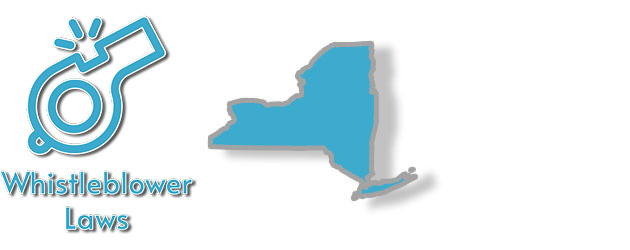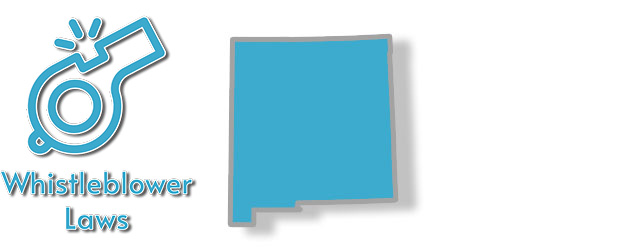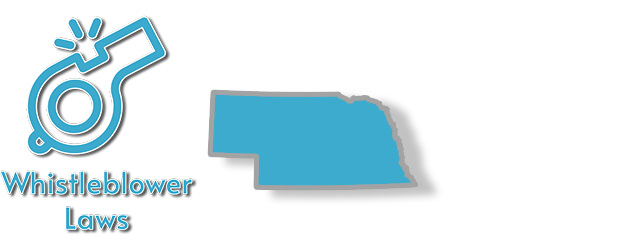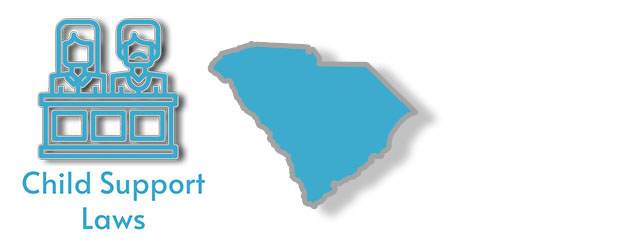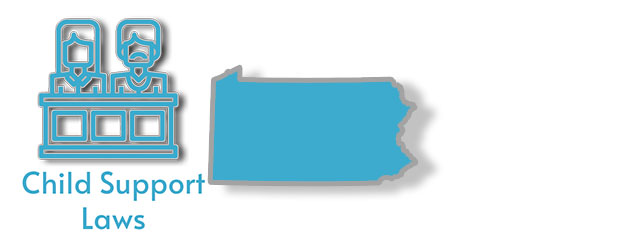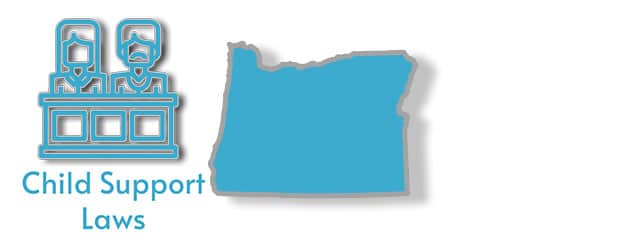New York Whistleblower Laws
A Summary of New York Whistleblower Laws New York is an employment-at-will state. This means employees can be discharged from work for any reason or no reason. However, the state has protections that are used to protect employees from wrongful retaliation. New York does not have a common law protection since the state does not … Read more
